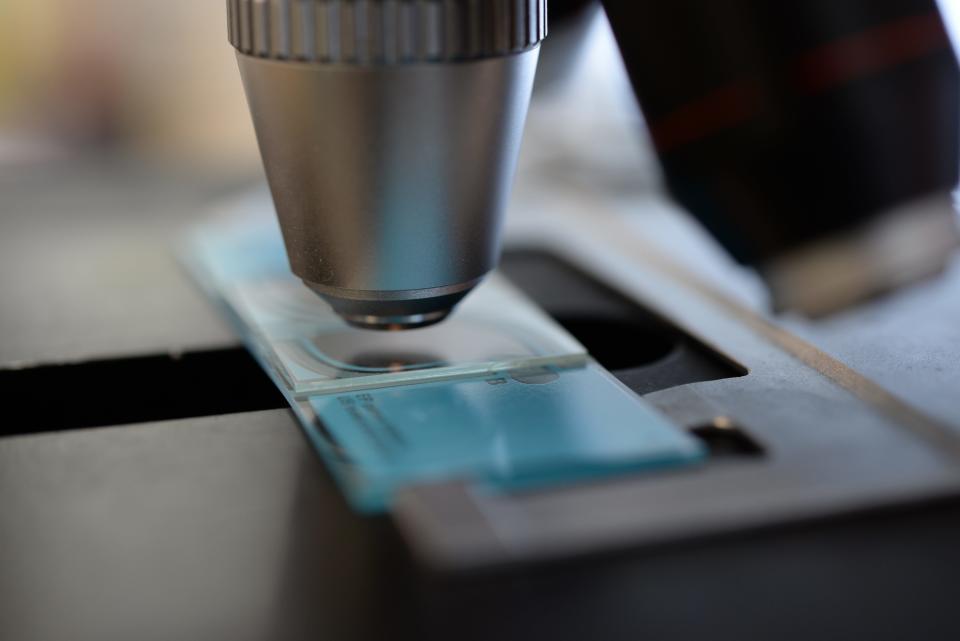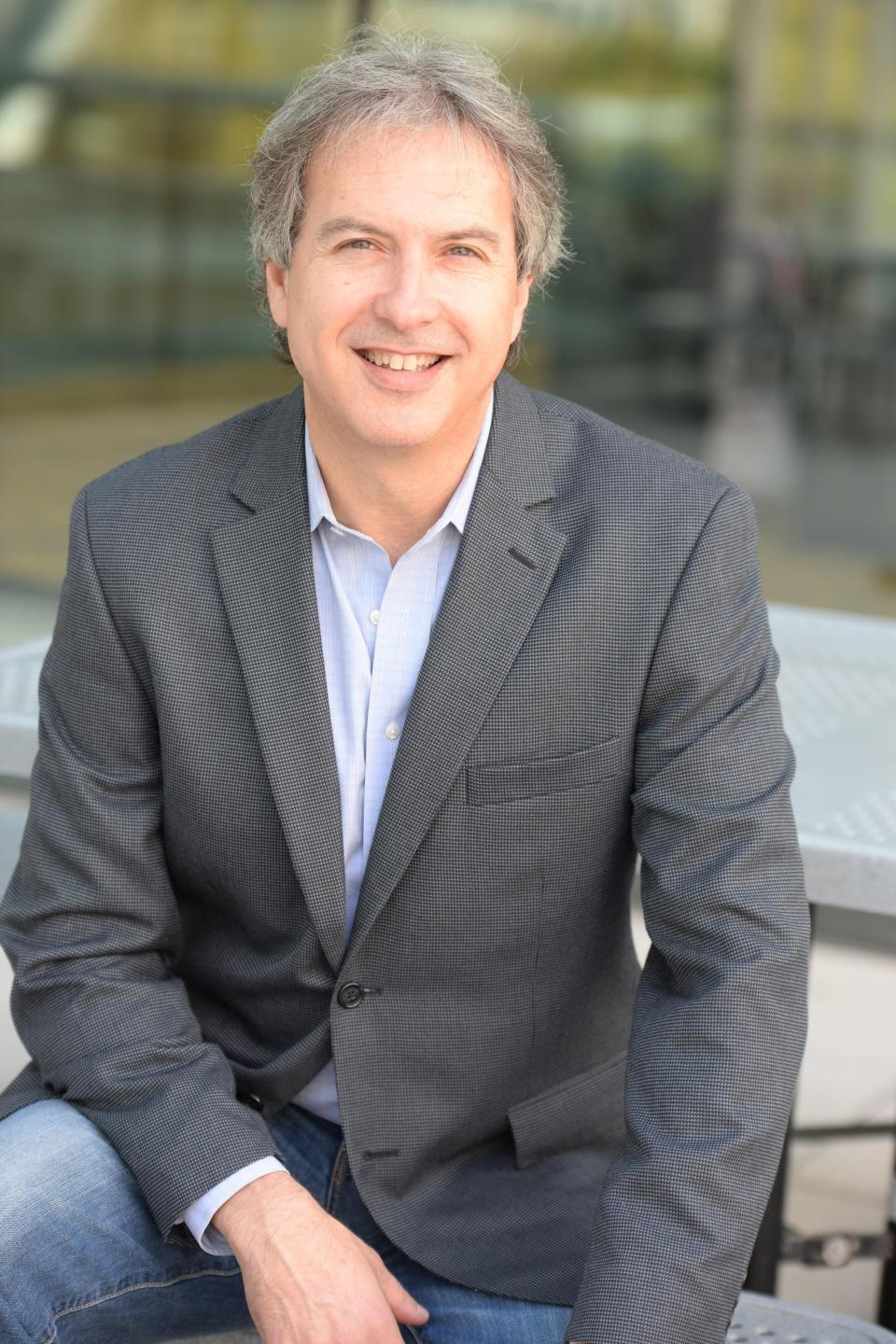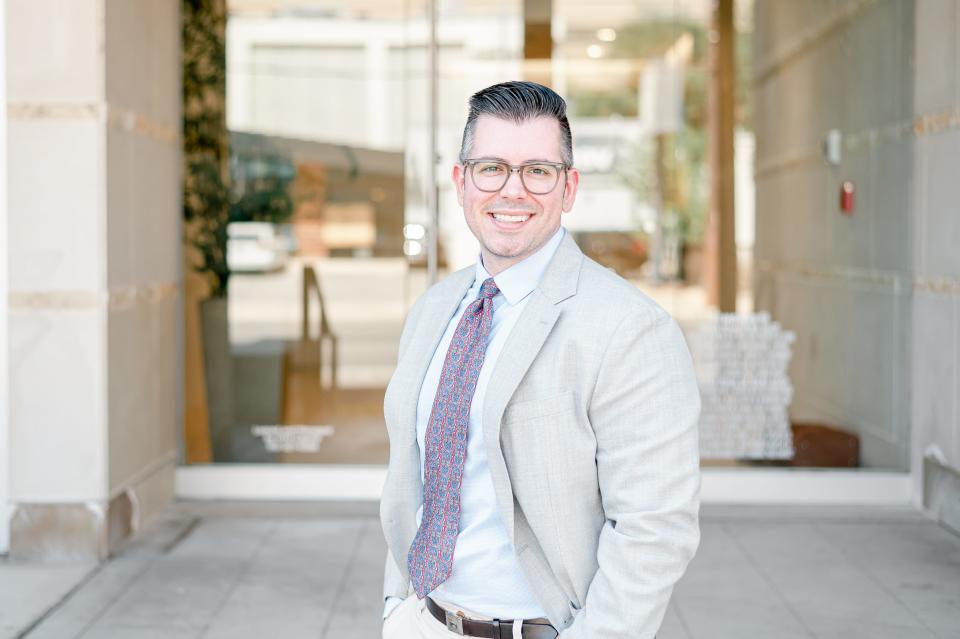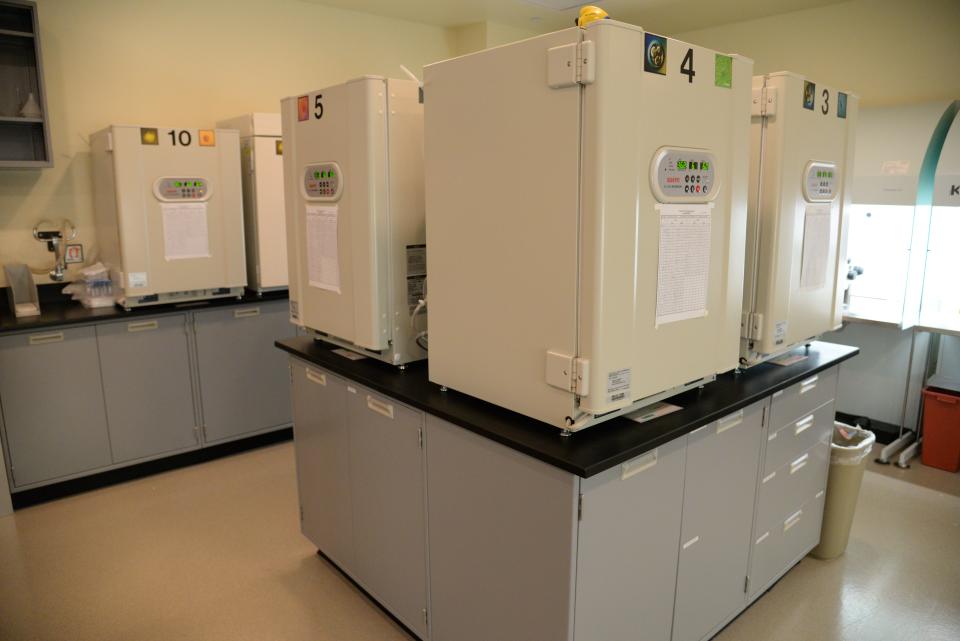Does Alabama embryo ruling impact in vitro fertilization in Texas? What you need to know.
When the Alabama Supreme Court ruled Feb. 16 that embryos that were destroyed without the parents' permission should be considered unborn children, Austin fertility doctors started getting calls from their future, present and previous patients.
What did this ruling — Alabama Chief Justice Tom Parker said Alabama's constitution "commands" him to uphold "the sanctity of unborn life, including unborn life that exists outside the womb" — have to do with people trying to get pregnant in Texas?
The answer is nothing right now. But the future implications "almost sends shudders down my spine," said Dr. David Prokai with Aspire Fertility Austin. A ruling or law like this in Texas, "would be a sea change in how we do fertility currently," he said.

How are patients taking the news of the Alabama ruling?
"Any time we've seen changes in state or federal laws or states pass laws that restrict access, it causes consternation in my patients," Prokai said.
This is adding stress to an already stressful situation for his patients, said Dr. Kaylen Silverberg of Texas Fertility Center.
Silverberg and Prokai have been fielding phone calls and emails from patients wondering if something similar will happen here and what they need to do.
Silverberg likens the chance of this ruling affecting Texas fertility patients as similar to a meteor striking his offices in Austin.

Right now, will anything change for local fertility patients?
Currently the Alabama ruling, Silverberg said, changes "not a single thing" locally.
A court ruling in Alabama doesn't apply to people in Texas. The Texas Legislature would have to pass a law that embryos are children and get it signed by the governor or the Texas Supreme Court would have to make a similar ruling to affect Texas fertility patients.
Gov. Greg Abbott has said he supports families having access to in vitro fertilization. He told CNN on Sunday that the goal is to make it easier for people to have babies, but that "these are very complex issues." While Texas is a pro-life state, "we as a state want to ensure that we promote life, we bring more life into the world and we empower parents to be able to have more children," he said.
Abbott also said he thinks the state will address the issues raised in Alabama, but he did not elaborate.
Silverberg, who lobbies in Austin and in Washington, D.C., for fertility rights, said he believes there are enough Texas lawmakers, Supreme Court justices and state officials who support in vitro fertilization and fertility medicine to not have a repeat of the Alabama ruling in Texas, but "right now we are monitoring it very closely."
Silverberg doesn't think Alabama will be the only state that has a restriction like this. He suspects Oklahoma and Indiana might be working on a law about embryos as children.
Read more: Austin mom's book reveals 9-year struggle through infertility, miscarriage, infant loss
Why does a ruling like this threaten in vitro fertilization practices?
In vitro fertilization involves giving a potential mother hormones to encourage more eggs to be released by her, then taking the eggs, joining the egg and sperm in a lab to create an embryo and then inserting the embryo into the mother.
This process isn't perfect, Silverberg said. It takes about eight to 12 eggs to get one embryo that is chromosomally normal that can be reinserted in the mother. Even with a good embryo, there's only about a 60% chance that when it is inserted into the uterus it will develop into a baby that is born, he said.
It's not unlike nature itself. Not every fertilized egg develops into a healthy baby. Some embryos don't progress. Some end in miscarriages. "Nature itself discards an abnormal embryo," Prokai said.
In fertility clinics, those harvested eggs that don't become embryos and those embryos that aren't chromosomally normal are discarded based on the parents' wishes.
A ruling like the Alabama case could end the ability to discard those embryos.

Using AI in fertility: Austin fertility company uses computer to pick the perfect embryo
What happens to the normal extra embryos in in vitro fertilization?
Ideally, more eggs are harvested and more healthy embryos are created during the process than are needed. Those extra embryos that won't be used immediately are placed in long-term storage at 300 degrees below zero in liquid nitrogen and left undisturbed.
For Texas Fertility Center, the largest fertility center in Austin, they are stored in a facility in Nevada. For Aspire, the majority are stored in Austin until they are ready to go to long-term storage and the family can choose which storage center to send them to, including out-of-state Aspire centers.
Texas Fertility Center has successfully been able to take a 13-year-old frozen embryo, thaw it out, insert it and have it develop into a baby, Silverberg said. Technically, there is no limit as to how long those embryos could be frozen, then thawed and inserted, but said Silverberg, "just because an embryo is frozen doesn't mean it's normal, doesn't mean it will rehydrate well, doesn't mean it will become a baby."
After parents feel they have completed their family or decide not to continue with another round of in vitro fertilization, they can donate their embryos to another family or they can have them destroyed.
There are many legal documents the parents sign before the process begins that discuss what happens to the embryos if the couple divorces or one partner dies, so there is a clear understanding of who owns the embryos.
A ruling like the Alabama case could end the practice of being able to discard the embryos that are not going to be used.

How could a ruling like this change the harvesting process?
At least three Alabama fertility clinics already have shut down. Their patients will go to neighboring states.
The reason those clinics shut down is because, to comply with the ruling, doctors would have to cut down on the number of extra embryos created in order to not destroy any. It would limit the number of eggs that could be harvested, which would limit the number of embryos created, which would limit the number of embryos that can be inserted.
Read more: Austin couple turns four-year infertility struggle into a book
"This makes IVF cycles less successful, more at risk and more expensive," Prokai said.
Both Silverberg and Prokai said this would add more heartache to the families who already have the heartache of having a disease like infertility.
This article originally appeared on Austin American-Statesman: Will Alabama embryo ruling impact fertility patients in Texas?

